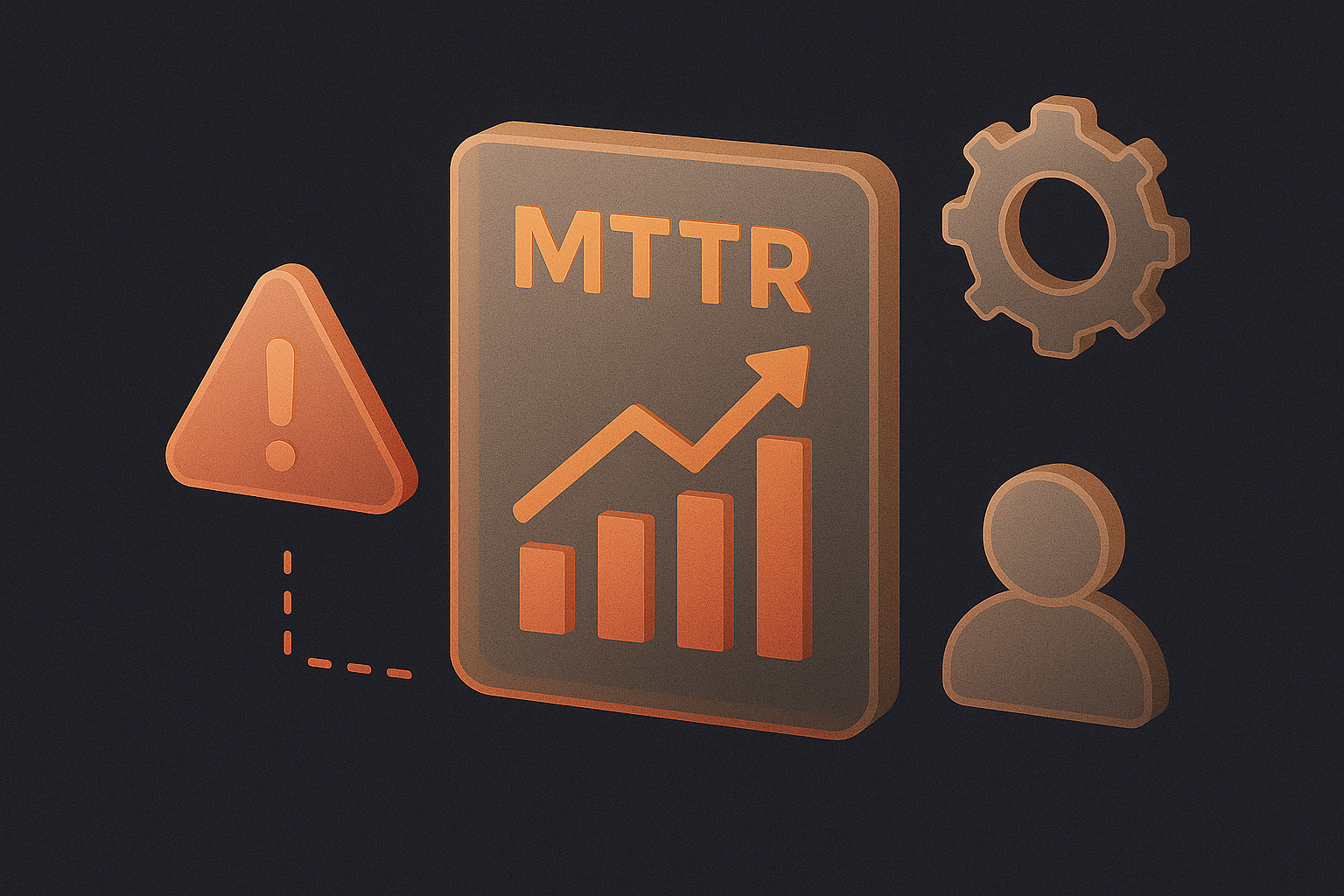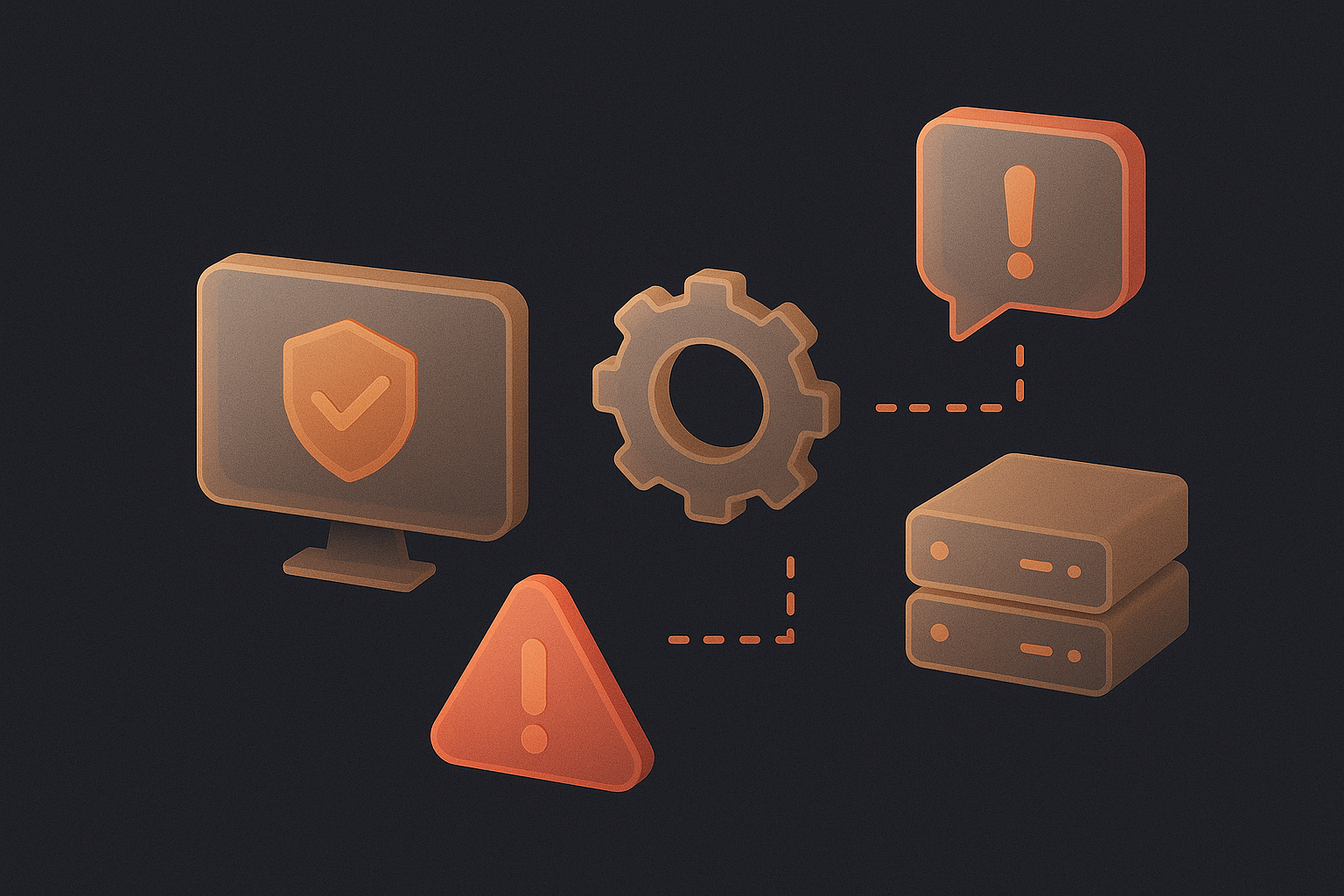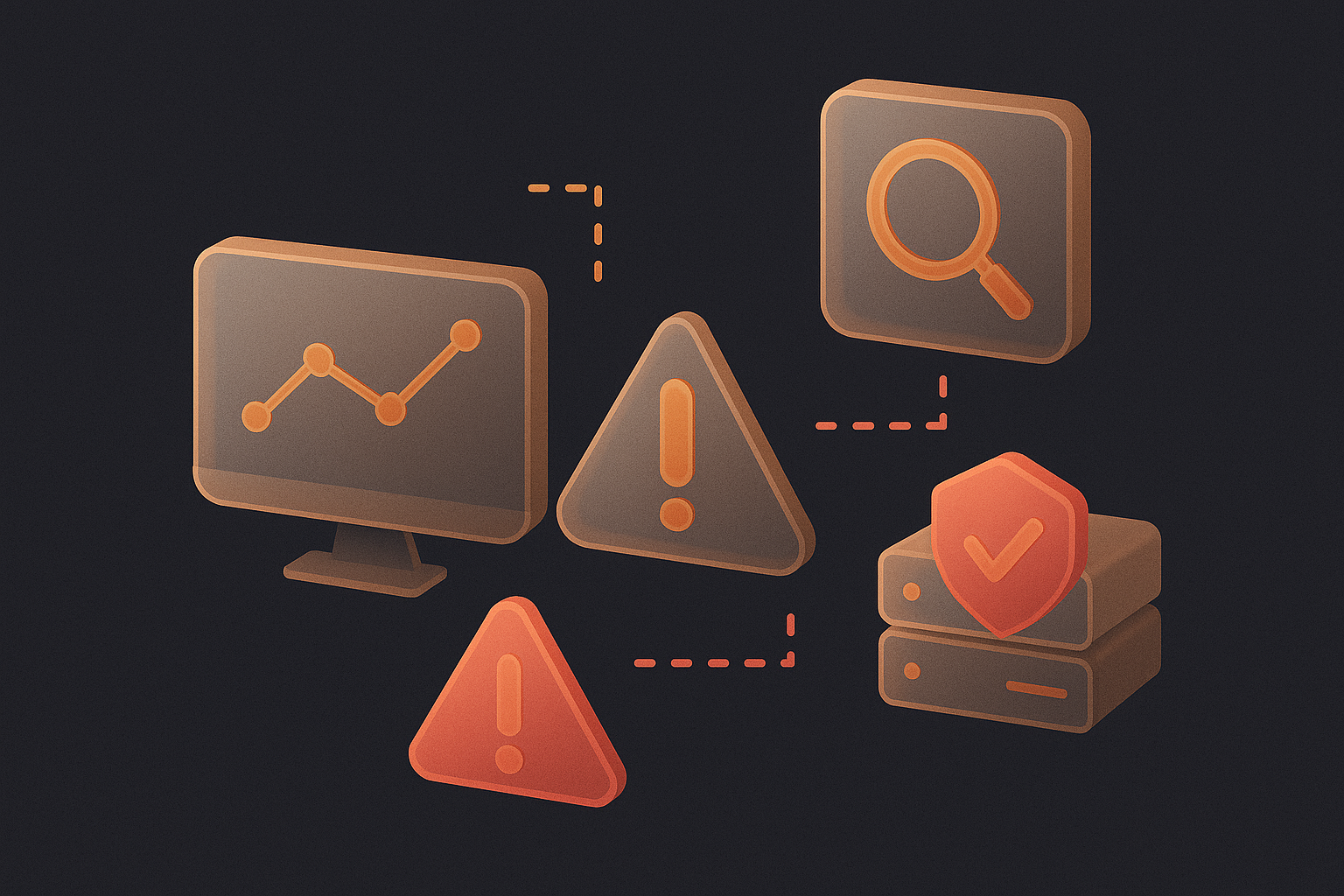Quick and secure solution through right tools is the main purpose of Managed service providers (MSPs). MSP tools dictate control over everything from virtual machine (VM) management and database administration to application and server monitoring. They can also help MSPs oversee IT infrastructure.
Not all tools seem equal whereas the MSP tools be valuable ones. To keep pace with today’s always-on, always-evolving global marketplace, MSPs must continue to evaluate their current tools and explore new tools to adapt to their customers’ needs. If MSPs can identify the right tools, they can become more productive than ever before and consistently meet their customers’ expectations.
Essential MSP Tools for Growth
There are four categories of managed service providers tools essential for growth:
1. General Tools
MSPs can leverage the following general tools to support different areas of their everyday operations:
Backup and Disaster Recovery (BDR): Protect against data loss following a catastrophic event
Security: Protect against malware, ransomware, and other cyber threats; security tools can protect their systems and devices against current and emerging cyber attacks
Remote Access: Enable end-users to securely access networks, devices, and systems from virtually any location, at any time
In order to automate everyday operations, the general managed service providers tools in combination with one another becomes the best use. In these instances, managed service providers tools can help service providers reduce the time necessary to perform daily tasks, save money, and drive efficiency.
2. Professional Services Automation (PSA) Tools
A PSA tool provides an MSP with full visibility into a customer’s operations. The tool allows an MSP to organize customer data, inventory, billable hours, time-off requests, and other pertinent business information. As such, a PSA can help an MSP get the most value out of the resources at its disposal.
The total economic impact of implementing a PSA can be significant. In a recent survey, researchers found that MSPs that leveraged a PSA were able to:
- Reduce the number of dissatisfied customers by 48%
- Improve their response time by 28%
- Improve their attained response time for contracted service-level agreements (SLAs) by 10%
ConnectWise represents one of the top PSA providers for MSPs. In fact, when MSPs use the ConnectWise Manage PSA Tool in conjunction with an industry-leading incident management platform, they can automate the ticket lifecycle.
3. Remote Monitoring and Management (RMM) Tools
An efficient RMM tool is the cornerstone of a strong MSP. The tool ensures an MSP can monitor its systems and devices in real-time. It also helps an MSP quickly identify incidents and alert appropriate stakeholders.
MSPs can leverage the ConnectWise PSA with RMM tools to continuously monitor customer systems and operations. With constant monitoring, MSPs can identify an incident in its early stages and address the issue before it escalates. One can get an alert only after an incident occurs. The stakeholders will eventually get notified because of the alert. This alert primarily happens for making sure to resolve the incident immediately.
For MSPs that want to streamline incident management, using an RMM in conjunction with AlertOps is ideal. An RMM can be integrated into AlertOps for incident monitoring and detection. That way, MSPs can use their RMM and AlertOps to:
- Send custom messages to specific groups
- Escalate incidents
- Ensure the right stakeholders respond to an incident, every time
An RMM can easily be integrated into AlertOps. Over time, this integration can help an MSP detect and remediate incidents — and avoid long-lasting downtime and outages.
4. Patch Management Automation Tools
A patch management automation tool helps MSPs keep their systems and devices up to date and also the tool ensures patches are automatically applied across an MSP’s systems and devices as soon as they become available and as a result, the tool ensures an MSP can guard against the latest cyber threats.
Along with automating security updates, a patch automation tool lets MSPs:
- Plan tasks for servers and workstations
- Detect and escalate driver updates
- Set up triggers to initiate automated processes
AlertOps drives patch automation, too and the platform offers custom escalation templates and rules to automatically create tickets and alerts for patch technicians and It also automatically escalates critical alerts if the initial message recipient does not respond right away. Plus, AlertOps offers decoupled escalations, so an escalation rule can be applied to any team, regardless of on-call schedules.

Get the Best Results from Your MSP Tools
The aforementioned managed service providers tools are difference-makers for service providers. To maximize the ROI of these tools, reporting is crucial.
Collecting data and generating insights from it enables an MSP to determine how its tools are supporting its everyday operations and with ongoing reporting, an MSP can identify trends and patterns and evaluate its strengths and weaknesses. The service provider can then use these insights to find ways to enhance its operations, improve its services, and meet or surpass its customers’ expectations.
In addition to reporting, MSPs should remain on the lookout for new tools they can integrate into their everyday operations and by updating their current tools or investing in new ones, MSPs can leverage the best tools to achieve the best results.
Why AlertOps Is a Must-Have Tool for MSPs
AlertOps is a must-have for MSPs that want to track incidents and minimize their impact and our platform works seamlessly with ConnectWise and other MSP tools, so service providers can instantly incorporate it into their everyday operations. Also, our platform helps MSPs speed up and improve incident response and ensure they can provide their customers with the services and support they deserve 24/7.



